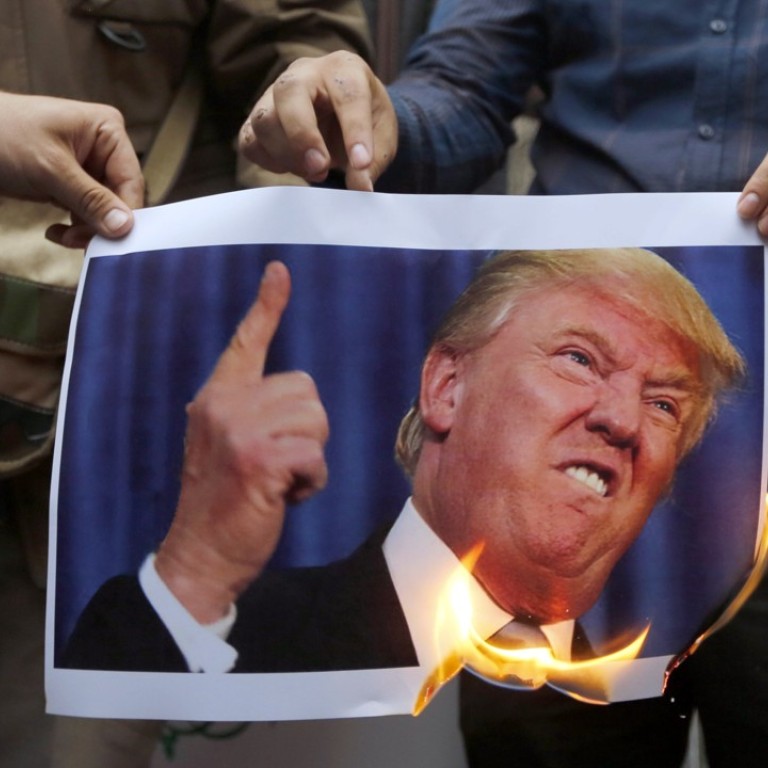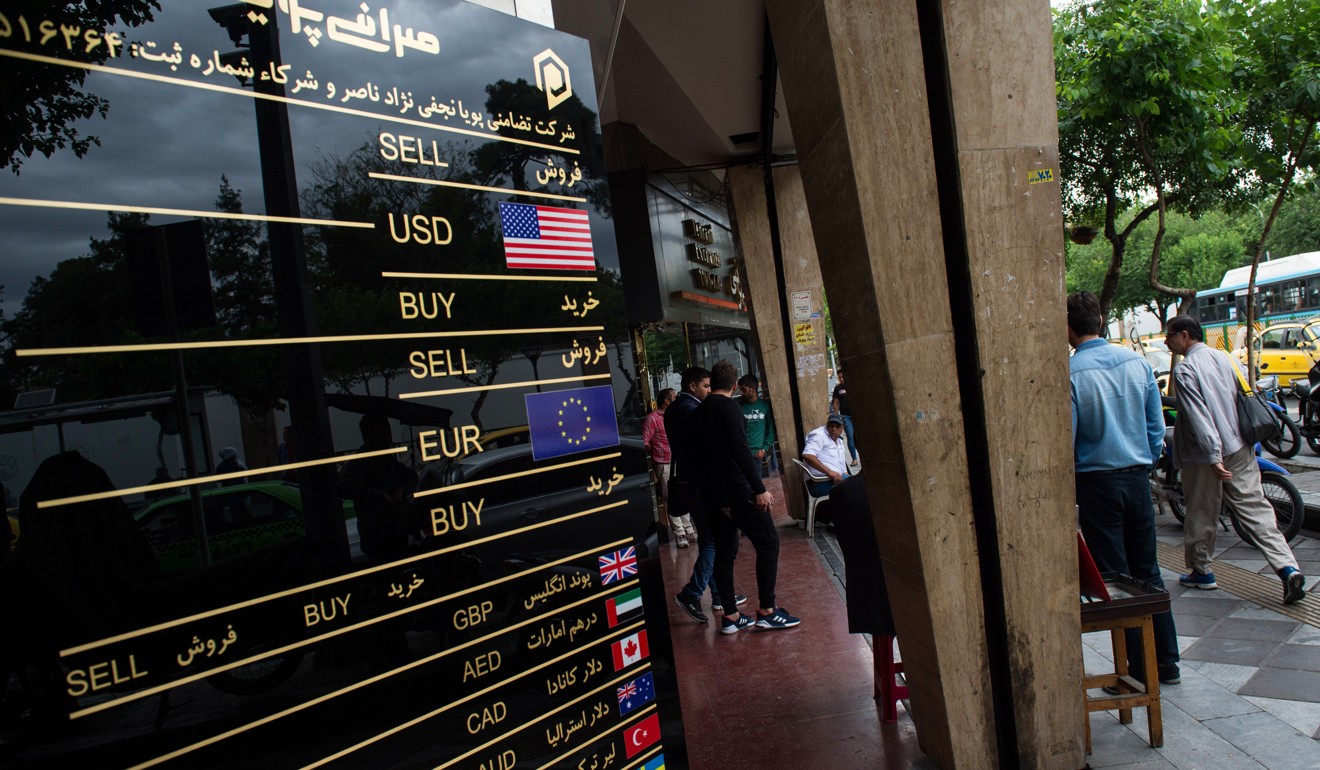
Markets are not pricing in Donald Trump’s disastrous move on Iran nuclear deal. Why?
Richard Harris says the US withdrawal from the Iran nuclear pact is a major own goal and will benefit few others, yet the potential reduction in the daily oil supply has recorded only a market blip so far
Nearly five decades ago, I admired the Iranian landscape from the daylight flight to London before landing in Tehran to refuel. The world’s 18th-largest country by population and 27th-largest economy is the cradle of civilisation; boasting high mountains, huge deserts, 10 per cent of the world's oil and 15 per cent of its gas. It should be a superpower.
The deal was not perfect, merely delaying the potential for Iran to attack Tel Aviv. A delay is better than nothing, bearing in mind that Saudi Arabia has promised to become nuclear-capable if Iran does.
The losers are almost everybody else. The Iranian people will suffer a weakening economy and the tightening of personal freedoms that comes with that. Persian caviar exports were down 30 per cent when sanctions were last in place. The only Iranian growth industry will be nuclear.
It is also a huge own goal for the US. Trump has deeply undermined his credibility with his European allies, some of whom staked their reputations on winning him over. They are unlikely to support US unilateral sanctions.
The stock, bond, commodity and currency markets are often the best judge of such events and did almost nothing on the news – seeming to have discounted it. Jim Cramer, host of CNBC’s Mad Money, said that investors who bought oil, defence, and energy stocks in the past few days, as if they didn’t know Trump would exit the Iran deal, were “living under a rock”. Remember the adage, “Buy on rumour; sell on fact.”
Despite Cramer’s protestations, you’d still expect a frisson of shock – yet there was no movement. It was a non-event.
Or was it? Like a swan, markets could be serene on top but swimming madly underneath. People were still buying the same old themes – but maybe they were right. The Brent crude price seemed to have discounted the Iran story by rising 50 per cent in a year and 10 per cent in 2018 alone. When the news was first announced on Wednesday morning, hot-shot traders sold. Oil obligingly fell by 5 per cent but then bounced back by 7 per cent. Maybe the market hadn’t quite discounted a possible loss of 4 per cent of the world’s daily oil supply.
Iranians had been discounting early. The ill-fated Iranian currency, the rial, is trading in the free market near record lows of 65,000 to the US dollar. Even during the dark days of the 2014 sanctions, the rial traded at around 30,000, while in January this year it was still only 43,000. Some US$30 billion has left the country this year alone. The supreme irony is that while the US may be the enemy, its currency is the friend.

Perhaps it is Trump’s inconsistency that is making the market improperly discount events. Cramer noted, “It doesn’t know how to discount news. It doesn’t know how to game the president. It’s ridiculous, in all my years of investing and trading, I don’t think I’ve ever seen buyers and sellers faked out so often.”
So it looks as if the markets are not quite taking in the consequences of the decision. They are not as efficient as we would believe.
Cramer’s advice is true today – but ‘twas ever thus, “This is a straightforward market that’s as dumb as a bag of hammers, and if you want to beat the averages here, the trick is you can’t overthink anything.”
Richard Harris is a veteran investment manager, banker, writer and broadcaster and financial expert witness. www.portshelter.com

